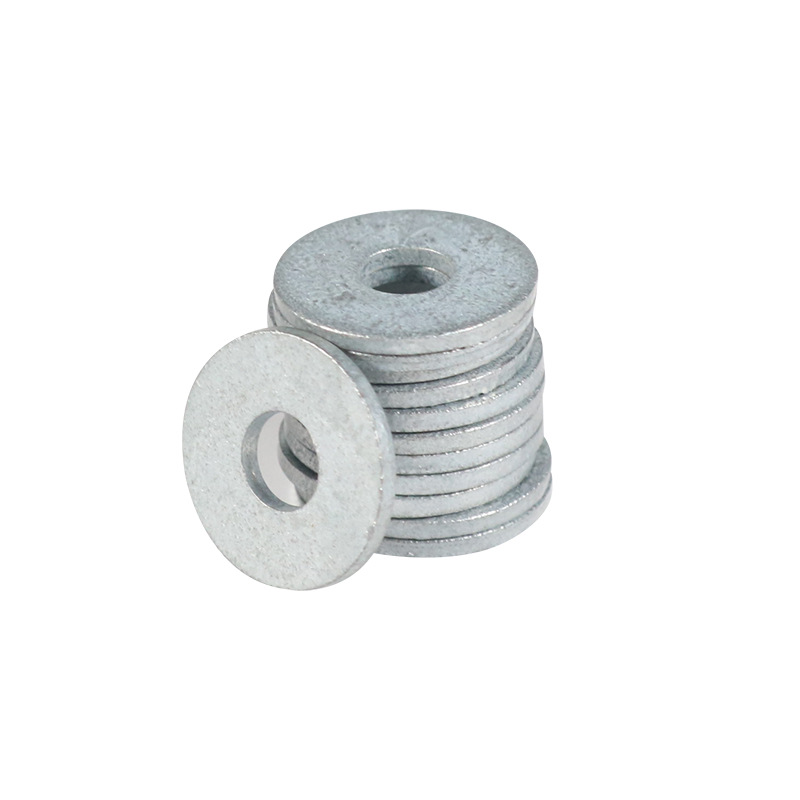

self tapping round head screws
Okt . 05, 2024 14:56 Back to list
self tapping round head screws
Understanding Self-Tapping Round Head Screws A Comprehensive Guide
Self-tapping screws are an essential component in various construction and manufacturing applications. They are designed to create their own mating thread in materials, eliminating the need for pre-drilled holes. Among the different types of self-tapping screws, the round head variant offers distinct advantages in terms of versatility and functionality. In this article, we will explore the features, uses, and benefits of self-tapping round head screws.
What Are Self-Tapping Round Head Screws?
Self-tapping round head screws are fasteners with a rounded, dome-shaped head that is designed to sit above the surface of the material being fastened. They have a tapered end that allows for easy penetration into materials such as wood, plastic, and metal. The self-tapping mechanism allows these screws to cut their own threads as they are driven into the material, making them convenient and efficient for various applications.
Types of Self-Tapping Round Head Screws
Self-tapping screws can be categorized into different types based on their design and intended use. Some common types include
1. Sheet Metal Screws Often used for fastening metal components, these screws have a sharp point and coarse threads to ensure a secure hold.
2. Wood Screws Designed specifically for wood, these screws feature deeper threads and a larger shank, providing maximum grip and structural integrity.
3. Plastic Screws Made for use with plastic materials, these screws have specially designed threads that minimize cracking or splitting.
4. Machine Screws These screws are used with a nut or in a tapped hole and can be utilized in various applications where high strength is required.
Benefits of Using Self-Tapping Round Head Screws
self tapping round head screws

1. Speed and Efficiency One of the primary advantages of self-tapping screws is the ease of installation. They can be quickly driven into the material without the need for additional tools or pre-drilling, saving time during assembly.
2. Versatility Self-tapping round head screws can be used in a variety of materials, including softwood, hardwood, sheet metal, and plastic. This versatility makes them a staple in many industries, from construction to automotive manufacturing.
3. Secure Fastening The self-tapping design ensures that the screw forms a tight grip in the material, reducing the risk of loosening over time. This feature is particularly beneficial in applications where vibration and movement are present.
4. Cost-Effectiveness Using self-tapping screws can lead to cost savings since they eliminate the need for additional fasteners or anchors. This can be particularly advantageous in large-scale projects where hundreds or thousands of screws are required.
5. Aesthetic Appeal The round head design of these screws provides a clean and finished appearance. This can be especially important in visible areas where the fastener’s appearance plays a critical role in the overall design.
Applications of Self-Tapping Round Head Screws
Self-tapping round head screws are used in various applications across multiple industries, including
- Construction For fastening drywall, roofing materials, and structural components. - Automotive In vehicle assembly for securing panels and components. - Furniture Manufacturing To join different parts of furniture, ensuring stability and aesthetics. - Electrical Installations For mounting electrical boxes and securing conduits.
Conclusion
Self-tapping round head screws are an invaluable tool in any builder's or manufacturer's toolkit. Their unique design offers a combination of strength, efficiency, and versatility that is hard to beat. Whether you're working on a simple DIY project or a complex industrial application, understanding the benefits and uses of self-tapping round head screws can help you achieve superior results. As technology continues to advance, the applications and innovations surrounding these screws will likely expand, further solidifying their place in the world of fastening solutions.
Latest news
-
Best Self Tapping Screws for Drywall - Fast & Secure Installation
NewsJul.31,2025
-
High-Strength Hot Dip Galvanized Bolts-Hebei Longze|Corrosion Resistance&Customization
NewsJul.31,2025
-
Hot Dip Galvanized Bolts-Hebei Longze Metal Products|Corrosion Resistance&High Strength
NewsJul.31,2025
-
Hot Dip Galvanized Bolts-About LongZe|High Strength, Corrosion Resistance
NewsJul.30,2025
-
High-Strength Hot Dip Galvanized Bolts - Hebei Longze | Corrosion Resistance, Customization
NewsJul.30,2025
-
Hot Dip Galvanized Bolts-Hebei Longze|Corrosion Resistance&High Strength
NewsJul.30,2025

